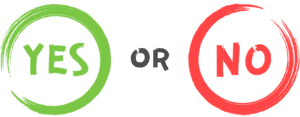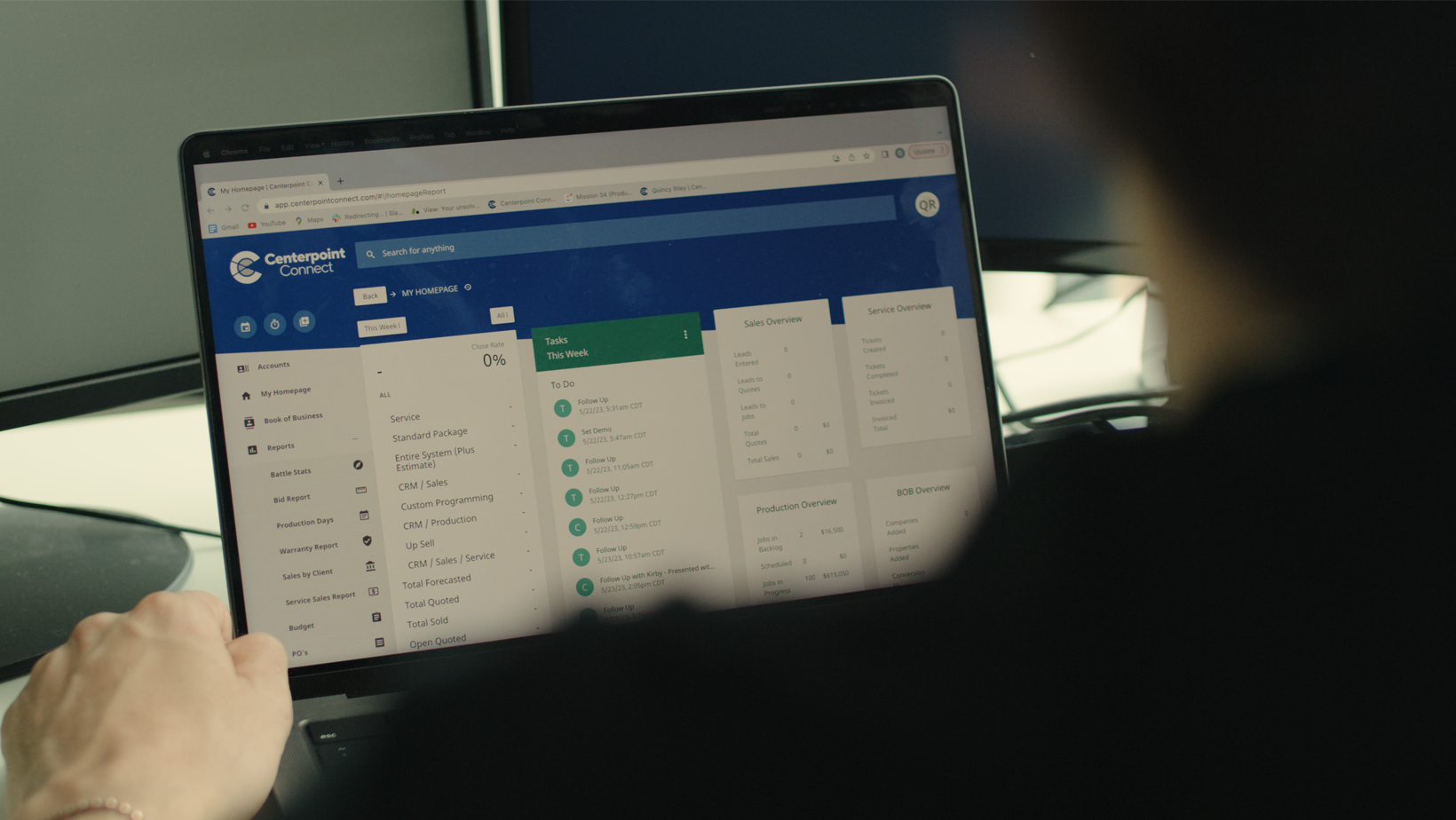Probing is the skill of asking questions to gather information and uncover customer needs. There are two types of probes: open and closed.
Open probes encourage a customer to respond freely. The key words that will assist in identifying an open probe include:
| Key Word | Example: |
| Who | “Who handles this process for you?” |
| What | “What operations are conducted in this office?” |
| When | “When did you begin to notice the problem?” |
| Where | “Where did it begin?” |
| Why | “Why do you think it happened?” |
| How | “How has the process been working?” |
| Tell Me | “Tell me a little about your responsibilities.” |

Closed probes limit the range of a customer’s response to a yes or no answer or to a choice among alternatives that you supply.
| Key Word | Example |
| Do | “Do you have to make many repairs on your roof?” |
| Does | “Does that happen frequently?” |
| Have | “Have you had a problem with leaks?” |
| Is | “Is there anyone else who will be involved in the decision?” |
| Are | “Are you concerned about roof technicians IDs?” |
| Which | “Which one would you prefer, proactive or reactive repairs? |
| Have (has) | “Have service requests gone up or have they gone down?” |
| Open Probe | Closed Probe |
| “Tell me a little more about that.” | “Do problems arise from the way invoices are transmitted?” |
| “I’m sure interested in knowing why you feel that way.” | “Mr. Smith, do you allow work on your facilities on Saturdays?” |
| “Why do you think that this problem happens so often?” | “Do you have a problem with securing ETAs on just this facility or is it happening throughout your facilities? |
| “What did you have in mind?” | “Are you looking for a way to reduce your T&M invoices and select preventive maintenance?” |
| “What other problems are you experiencing?” | “Which would you prefer, a daylighting solution or a coating solution?” |
| “How many tenant service requests do you handle?” | “Do you handle more than ten tenant service requests a day?” |
Generally, it is a good idea to keep your probing as open as possible. By doing so, we provide our customers with more chances to freely reveal their problems, needs, and attitudes.
Otherwise, the type of probe you use largely depends on what your customer says or doesn’t say. For example, if our customer is being responsive and is providing you with useful information, you should use as many open probes as possible. If a customer is unresponsive or, although talkative, is not providing you with useful information, your probing will have to become more closed to gain understanding.
Certain customer remarks are strong signals for you to use open probes.
| Customer Remark | Salesperson Probe |
| “I don’t know if I’m ready to buy.” | “Oh? Why not?” |
| “We’re having a lot of problems.” | “What kinds of problems?” |
| “We’re just not getting the job done fast enough.” | “Why not?” or “Tell me more about that.” |

Open Probes to Uncover Needs
Many customers have a good understanding of what they are looking for, and you will want to encourage such customers to freely reveal their needs. Examples of open probe questions particularly useful in gathering details:
- “What exactly are you looking for?”
- “Tell me about your requirements.”
- “What improvements are you interested in?”
- “What are you trying to accomplish?”
- “What else are you interested in?”
Closed Probes to Confirm Needs
Customers don’t always express their needs. Many times, they describe what we have called opportunities. Opportunities differ by needs in that the customer’s desire for a solution is either unclear or unknown. If you’re not sure the customer is expressing a need, probe to confirm the need.
A customer expresses the following opportunity:
- “I have voice mail, and while it works out pretty well, I do get some complaints from tenants, who don’t like to leave a message.”
Examples of Closed probes you could use to confirm this opportunity as a need:
- “If I understand you correctly, you’re looking for a way to make sure that the tenant requests are handled without going into a voice mail system. Is that correct?”
- “Would it help if you had a way to prevent that problem from happening?”
- “Are you looking for a way to solve that problem?”
- “Would you be interested in a way to prevent those complaints from happening?”

Open and Closed Probes to Uncover Background Information and Client Requirements
In addition to uncovering customer needs, you also must obtain a certain amount of background information for each account or customer you call on. For example, you may need information about:
- The company, department, or person you are calling on.
- Current products or services in use.
- Competitive products or services under consideration.
- The decision-making process and the people involved in the process.
Since you want to encourage the customer to respond freely with relevant information, most probes for background information tend to be open. If the customer is unresponsive or if open probes do not provide you with the information we need, your probing will have to be closed.
| Open | Closed |
| “Tell me about your department. Where does it fit in the company?” | “I understand your department handles all the procurement for the corporation. Is that correct?” |
| “What kind of services are you using?” | “Are your using Preventive Maintenance or Energy Analysis? |
| “What other service providers are you looking at?” | “Are you considering other service providers for Preventive Maintenance? |
| “Who will be making the decision on this?” | “Will you be making the decision or will someone else?” |




